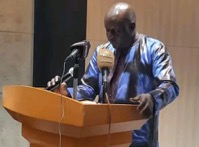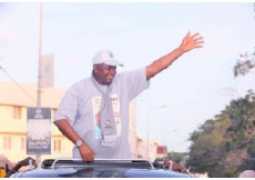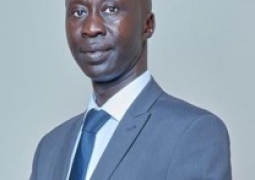
Speaking at Bantunding in Wulli East, he stated that "the programme is designed to lift extreme poor households out of poverty and we have done some baseline surveys. We are also hoping that at the end of the project, we would do some end-line surveys."
The Nafa programme is a component of the SSNP which is supported by the World Bank and the Gambia government to assist rural poor households in 20 districts. The Nafa programme involves cash transfer and social and behavioural change communication.
He said they started piloting the Nafa in three districts, where they learnt a lot and are now confident to roll it out to the remaining 17 districts.
Dwelling on poor urban households, he confirmed there is urban poor saying that the majority of the poor households are still in the rural area.
"If there are enough resources, such a programme can be extended to the urban area. Urban poverty is something that concerns the country and there are plans to do an assessment and intervene."
On the successes of the project, Dr. Bah continued that there are indications that the programme is already achieving the objectives.
During the Covid-19, he said, the World Bank and the Gambia government agreed that to mitigate the pandemic, there was a need to do something for the country's economy in order to help the poorest.
"The project area was already been identified at a time for 30 districts. The World Bank and the government agreed that we use US$10 million from the project money to do a Nafa quick. At present, there are indications that if we are able to do well in this Nafa programme, resources will be available."
He reiterated that the government has also been encouraged and is receptive to having this as a programme and allocating resources.
Dr. Bah emphasised that the programme is a non-conditional cash transfer and it depends on the beneficiaries on how they want to use the money, saying the programme is accompanied by social and behavioural change communication on education, nutrition, family planning, gender-based violence, maternal and child health, entrepreneurship among others.
"The entire intervention was programmed for three years but we still have to replace part of the money we used for the Nafa quick to be able to expand it. At the moment, we have resources for 18 months and each household will receive 3000 for every two months."
Saikou Drammeh, NaNA Nutritional Field Officer for URR, underscored the importance of the programme, saying the process was smooth except for some delays by the rain.
"We have no major constraints and the beneficiaries were very much glad receiving such a gesture supported by the World Bank and The Gambia government."




